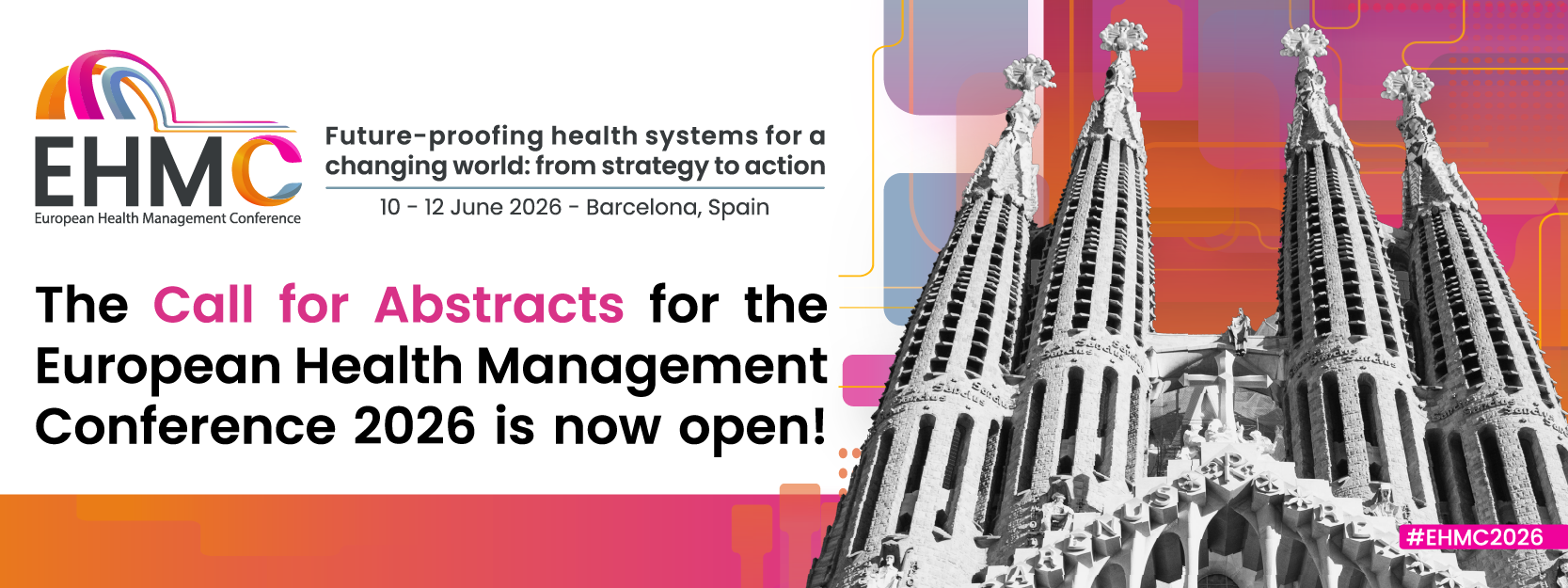SIG on SOUTH-EASTERN EUROPE
The political and economic crisis arising after the collapse of the communist regime has had long-standing effects on South-Eastern European health systems. The region has been facing under-investment, low skill levels and poor salaries [1]. Low wages have led to a brain drain phenomenon resulting in workforce shortages. Progressive privatisation and spending cuts have deteriorated healthcare quality, leading to a lack of equipment and medical supplies in certain countries. The COVID-19 pandemic has had a considerable impact and South-Eastern Europe countries experienced difficulties to face the rapid increases in infections due to limited infrastructure and testing capacity, insufficient beds, low vaccination uptake, and workforce shortages [2].
STATUS: ACTIVE
VISION: To discuss the needs, identify strengths, opportunities and solutions to the challenges faced by the healthcare systems of South-Eastern Europe
CHAIR: Prof. Todorka Kostadinova, Medical University Varna, Bulgaria

MESSAGE FROM THE CHAIR
The Special Interest Groups (SIGs) are a tradition for EHMA and I am pleased to see for the first time one focusing on South-Eastern European and Balkan countries. Through the work of this group we can have a good picture of what is the situation for health management in our region. We can have a platform to meet and share good practices in our respective countries; learn about our health systems functioning and how to manage hospitals more effectively. We can discuss ways for health managers to share information and good practices. As this is just the first year of activity of this group, I look forward to what we can achieve together.
– Prof. Todorka Kostadinova, Medical University Varna, Bulgaria
WHERE POSITIVE IMPACT COULD OCCUR
While some reforms have been introduced in South-Eastern Europe, the region still faces considerable challenges when it comes to meeting population health needs, payment models, health service delivery, health workforce availability and equal access to healthcare. Through this Special Interest Group, EHMA wants to offer the expertise of its members and network in support of efforts directed to strengthen health systems in the region. The SIG will gather case studies for reverse innovation to the European continent. Additionally, EHMA members can learn more about the health system challenges and opportunities existing in a region that does often not receive sufficient coverage and attention.
ACTIVITIES
The Special Interest Group (SIG) on South-Eastern Europe (SEE), founded in June 2021, has been an active platform fostering collaboration among health professionals, policymakers, and academics. In its early phase, the group focused on defining its scope, engaging new members, and providing an overview of regional healthcare systems through a strengths-based white paper. Over the past two years, SIG has facilitated discussions on governance, workforce management, and access to care, drawing from best practices across the region.
In 2024, SIG is shifting towards a more solution-oriented approach, building on previous insights to drive actionable strategies for health system reform. With participation from countries including Albania, Bulgaria, Greece, and the newly added Israel, the group now focuses on key areas like governance, financing, and digitalisation. These discussions culminated in a Guidebook on Successful Health Management Practices in South-Eastern Europe—a comprehensive guide to innovations that can serve as a reform blueprint for the region and beyond.
PARTICIPANTS
This year’s participants, representing the following countries in alphabetical order, include:
Mejvis Kola | Political Advisor, Ministry of Health and Social Protection | Albania
Aida Pilav | Department Head, Social Medicine and Health Organisation with Health Economics, Institute for Public Health of Sarajevo Canton, SSST University Sarajevo | Bosnia and Herzegovina
Mina Popova | Quality Manager, University Hospital for Active Treatment ‘St. Ivan Rilski’ | Bulgaria
Plamen Dimitrov | Director, National Center of Public Health and Analyses | Bulgaria
Todorka Kostadinova | Vice-Rector for International Cooperation, Accreditation and Quality, Medical University Varna | Bulgaria
Drazen Jurkovic | Director, Association of Croatian Healthcare Employers | Croatia
Kostas Athanasakis | Assistant Professor, Department of Public Health Policy, University of West Attica | Greece
Alex Levethal |Medical Doctor; Lecturer, Hebrew University of Jerusalem | Israel
Lion Naamaty | Jerusalem Multidisciplinary College |Israel
Nissim Alon | Head of the Interdisciplinary Faculty for Health and Social Science; and Health System Management, Hadassah Academic College | Israel
Merita Berisha | Director, National Institute of Public Health of Kosovo; Professor, University of Prishtina | Kosovo
Oleg Lozan | Director, School of Public Health Management | Moldova
Adriana Galan | Director, National Institute of Public Health | Romania
Marius Ungureanu | Chair, Department of Public Health; Director, Center for Health Workforce Research and Policy, Babeș-Bolyai University | Romania
Marija Jevtic | Professor, Faculty of Medicine, University of Novi Sad; Institute of Public Health of Vojvodina | Serbia
Milena Santric-Milicevic | Professor at the Faculty of Medicine, University of Belgrade | Serbia
Participants in the SIG are not required to be an EHMA member to join the group. Participation is undertaken on a voluntary basis. SIG activities will not be remunerated.
[1] SEE – COE/WHO Presentation, SEE- Achieving peace and health in south-eastern Europe. A healthy community is a wealthy community.
[2] Health care systems face collapse across Eastern Europe amid resurgent COVID-19 pandemic – World Socialist Web Site (wsws.org)
Views and opinions expressed are however those of the author(s) only and do not necessarily reflect those of the European Union or HADEA. Neither the European Union nor HADEA can be held responsible for them.


